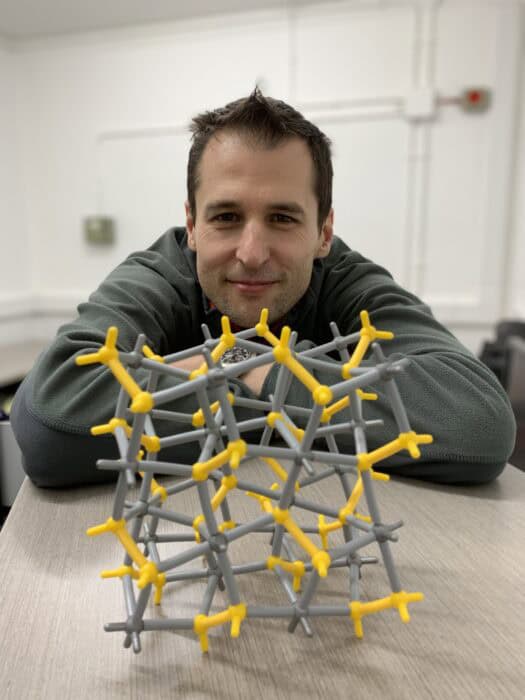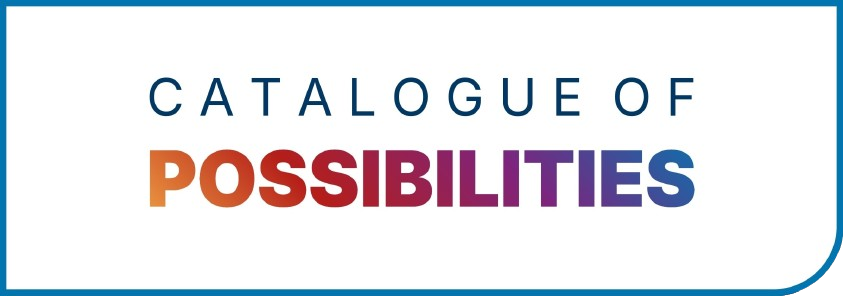Dr Alexey (Alex) Ganin he/they

Senior Lecturer
Strategic Research Areas
In the School of Chemsitry I lead the Glasgow ElectroChemistry On Solids (GECOS) group, where our research focuses on accelerating the energy transition through electrochemical innovation. My passion lies in designing solid-state materials that can drive renewable fuel generation and battery storage in a sustainable way. We develop thin-film technologies that maximise performance while using minimal material. This work sits at the heart of the global push beyond Net Zero, and I see our research as part of a much broader mission: to build cleaner, fairer energy systems that are not only scientifically sound but socially responsible (as well as practical).
Our group brings together materials synthesis, electrochemical characterisation, and device engineering. We carry out synthesis of solids for water electrolysis and battery applications, targeting high efficiency and long-term stability. We also explore how to scale these technologies in ways that minimise cost, carbon footprint, and critical material use. Collaboration is central to this. We already work with engineers, computational chemists, and industrial partners, and I am keen to form new links across physics, sustainability assessment, and systems integration. Since recently my research focused to focuses on harnessing 2D materials to revolutionise energy efficiency in quantum devices as a part of a programme grant together with Prof. Moran from the School of Engineering. By moving beyond traditional silicon technologies, we aim to significantly reduce the energy consumption of future electronic systems, paving the way for a more sustainable technological landscape.
I see CDTs as a unique opportunity to train the next generation of scientists who not only understand the chemistry, but also challenge disciplinary boundaries. For example, combining advanced thin-film fabrication with machine learning for catalyst discovery, or embedding techno-economic thinking into early-stage device design.
I enjoy co-developing projects with students and collaborators, especially those who bring fresh perspectives. As a supervisor, I aim to be supportive, honest, and ambitious for my students. Several of my former PhD students have gone on to academic roles, others to industry or climate-related consultancy work. I invest a lot of time in helping people find their direction and develop independence.
My commitment to equity and inclusion is reflected in how I lead. I’ve served on inclusive recruitment panels, supported widening access programmes, and helped reshape doctoral admissions processes to reach more diverse applicants (see, for example, recently launched Partnership PhD programme). I want people to succeed on their own terms, and that’s why I believe diverse teams do better science.
Beyond the lab, I find balance through meditation and swimming, practices that help me maintain focus and resilience in both my research and leadership roles. I follow Buddhism as a philosophy rather than a religion, as it provides me with a valuable framework for reflection and mindfulness. But most of my energy goes into building a research environment that is open, thoughtful, and engaged with the world beyond academia.

